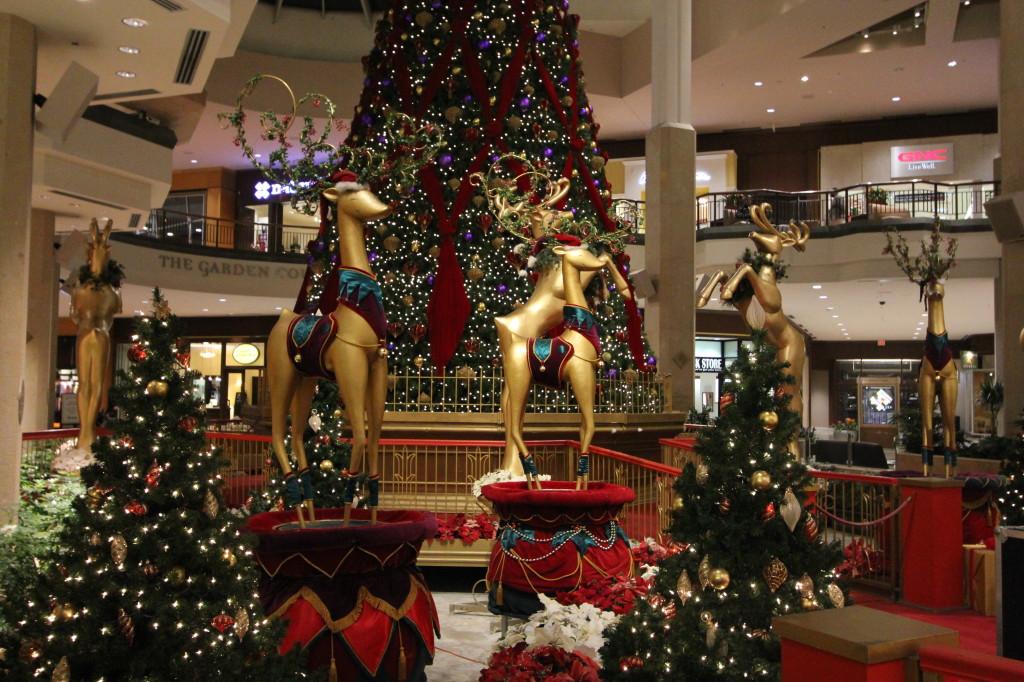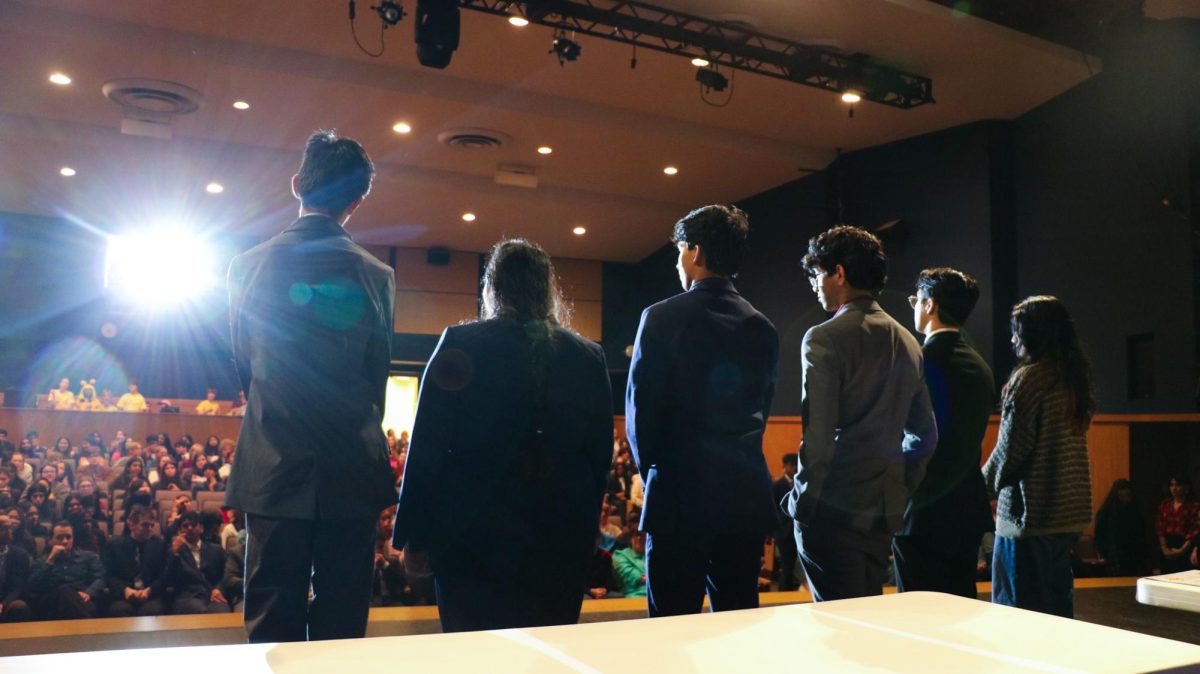
Ryan Luhning, one of the school’s assistant principals, sat upright in his office chair, hands folded, deep in thought. Luhning was silent, although an occasional laugh emanated from the small group of secretaries congregated just outside the room. “This is going to get to the Supreme Court eventually,†he said. “It’s just a matter of how soon.â€
What Luhning was referring to is the Missouri House Bill 278, or more commonly recognized as the “Missouri Merry Christmas Bill.†Essentially, it states that no public building, park or school can ban or restrict the practice, mention, celebration or discussion of any federal holiday.
The bill was originally vetoed by Missouri Governor Jay Nixon, a Democrat, although his signature of disapproval was overridden by the predominately conservative state legislature, which therefore made the bill a law.
So why is a bill that protects the celebration of federal holidays “going to get to the Supreme Court?†It seems pretty harmless.
The Supreme Court would become involved if the new law is believed to infringe on one of the rights protected by the Constitution. In this case, the law would conflict with the First Amendment’s ban on “the establishment of religion [by the government],†which has fundamentally been interpreted as the separation of church and state.
In other words, the government cannot “prefer†one religious holiday over another, and the new law could be doing just that. Christmas (unlike any Jewish, Muslim, Hindu or holiday of any other faith) is a national holiday, and therefore its celebration cannot be banned in public settings. These settings would include public schools.
Therein lies the conflict: if the new law stands, Missouri public school districts could not ban the celebration of Christmas, although they could technically ban the celebration of other religious holidays.
Luhning, however, ultimately believes that the new law, regardless of whether it is declared unconstitutional by the Supreme Court or remains untouched, won’t have a big effect on Clayton High School.
“I’m not really sure anyone’s ever asked to put [religious holiday decorations] up,†he said. “I’m not sure if there’s ever been a request, [like] ‘Hey, we want to put a manger scene on your front lawn,’ or ‘We want to put Christmas trees all over the building’, or ‘We want to put the menorah all over the building.’â€
Luhning believes that despite the law, CHS will still retain respect for all holidays.
“I think our students just have enough respect for each other’s differences that they probably would not even think that would be an acceptable thing to do,†Luhning said. “I believe our students respect each other enough that if they put something up that was offending someone else, [they] would really think twice about it.â€
Luhning also said that he believes CHS is a community that is accepting, tolerant and welcoming of all faiths and backgrounds.
“If people wanted to see how people treat each other from different walks of life, this is a pretty good place to come. We accept each other for who we are,†he said.
While all of these things may be true, one question still lingers: if decorations were to be displayed throughout the school in celebration of Christmas, what if some people wanted to put up decorations for holidays of other faiths as well?
“Anything that gets put up [in the school], we ask it to get approved by our activities director, [Mike] Nelke,†Luhning said. “[…] And it can be put up as long as it’s not vulgar, or there’s no poor message being sent. So, sure.â€
Even if problems regarding the new law don’t arise in Clayton, conflict will likely come about elsewhere in Missouri which will likely cause the law to be challenged.
Needless to say, we might be in for an interesting holiday season. 







